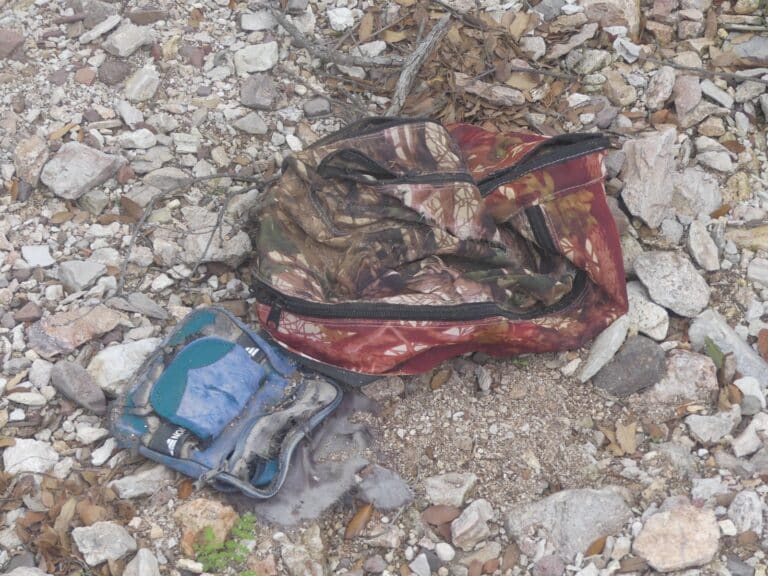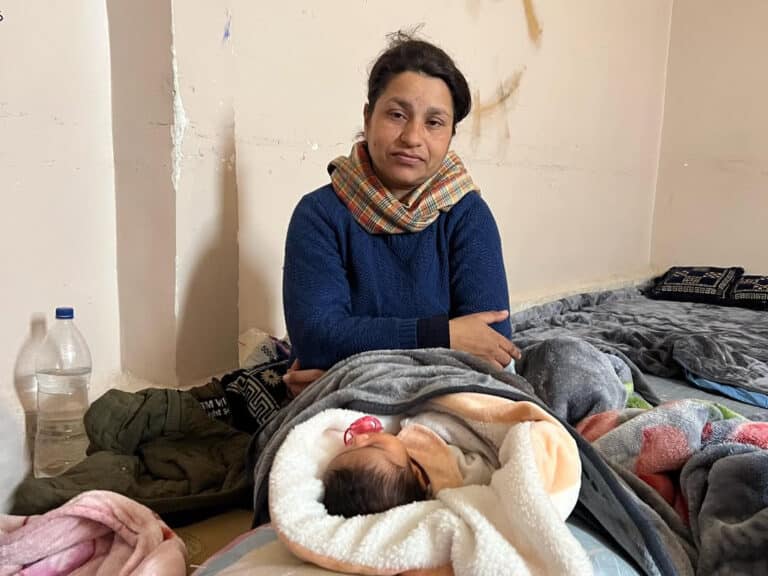In Sufi teachings and poetry, the heart is often presented in the allegory of the mirror. The spiritual heart is the only part of the human that can truly contemplate and reflect the divine nature of God’s oneness. If the mirror is dirty, the reflecting quality is distorted or nearly totally blocked, but if the heart has been polished, it can reflect the guidance, creativity and inspiration of the Divine.
I have thought about this extensively over the last ten or more years while engaging in work of peace, solidarity, teaching and journalism. How is my heart today? Have I polished it enough with my actions, or has my ego darkened it again? Sometimes, I forget entirely. While those lines of work often support the polishing of the heart, sometimes they can cause harm. Have I let the proximity to the poisonous environments of occupation and oppression damage my heart? I find the clues in peaks of jealousy and hidden anger.
Often, a guide comes along. In my case, it is usually an older man, often from more patriarchal societies, who has been through incredible hardships connected to external oppression. Despite their terrible experiences, they maintain an appreciation of life and peace so strong that I feel a physical sensation of humility hit my stomach. It is no coincidence that the stomach is the seat of the ego in many traditions.
My first teacher was my grandfather. He was abducted by the Nazis from his home in Poland and forced to work and witness horrors in labour camps. He loved life and looked upon his nuanced oppressors with pity and forgiveness. Years later, I formed a close friendship in Palestine with an older man named Abu Yad, who reminded me of my grandfather. Abu Yad had been a Palestinian freedom fighter in the ’70s and ’80s and, later, a police chief for Yassar Arafat. He had been captured and Israeli interrogators pulled his fingernails out. He has since passed away but lived resistance (sumud) to the end. He approached everyone, even young Israeli soldiers, with candy, kindness, and an open heart. “The Jews are our brothers. We just don’t want their soldiers in our gardens,” he used to say. I like to think that he, like my grandfather, had won—they had defeated their oppressors by maintaining sacred cleanliness to their hearts, from those who sought to reduce their humanity.
Today, my days involve researching and reporting on bombardments and oppression of Iraqi Kurdistan’s civil society activities and journalists. It can be hard to look after your heart here. I have been reminded or taught by two people in Iraqi Kurdistan in recent months. One day, while helping film a documentary about a terrible massacre of 21 people by a bombardment in Qaladze, I noticed a local man quietly and gently feeding a stray cat. He was the husband of a woman injured in this bombardment. I paid increasing attention to how he spoke and tenderly treated people, especially his wife. I can’t recall ever witnessing a more gentle, humble and considerate man. He spoke firmly of peace and solidarity despite what he, his family, and friends had endured. The second man is the father of a friend of mine here. He had lost his arm when conscripted to fight during the Iraq-Iran war in the 80s and was later, jailed for many years by the Iranian regime. Today, he is a happy farmer, filled with creativity and energy for life. I have witnessed him hitchhike across a city out of love for family.
As I recount these people, I feel a softness and lightness in my chest. They remind me of the parts of me I like the most. They are beacons of hearts slowly cleaned by their experiences and remind me of the need for good deeds, kindness and effort to keep polishing my heart. I hope you get to meet people like this, too.
Pray for those that shine the light on the best parts of us. Pray for those who help us polish our character. Pray for those who maintained their morning in their darkest hours. Pray for cleaning the hearts of those who hurt others but spiritually damage themselves more.




